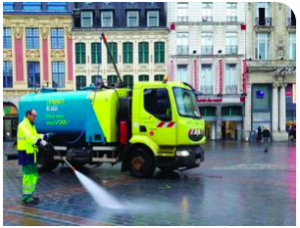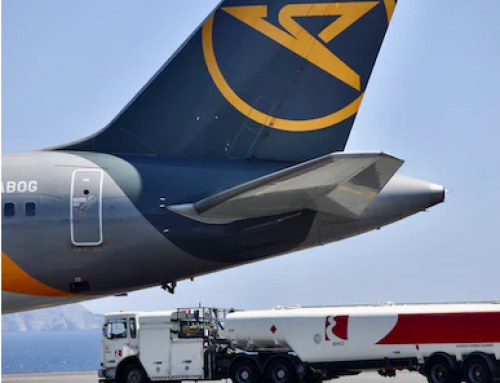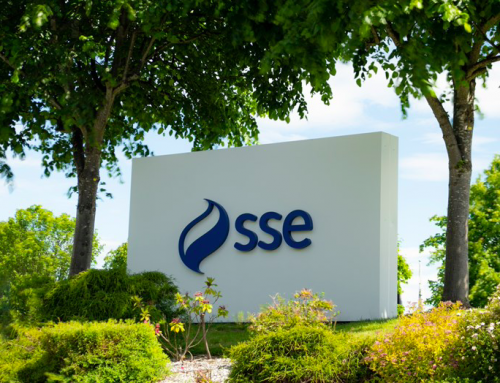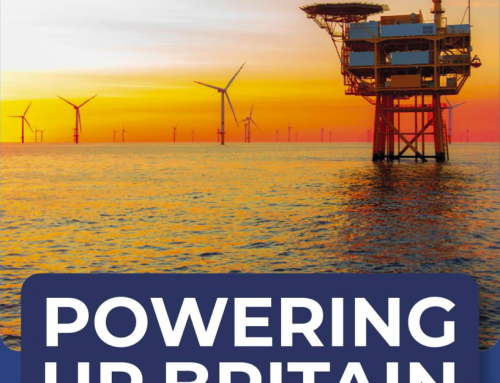By Barney Smith
Greenbarrel of 6 October reported the opening gambits by Veolia, the world’s largest environmental services company, to take over Suez, another large French environmental services company, and closed with the observation “This one may run and run”. That verdict on the final prospects still looks good; but at least the initial game has now been played out: in spite of frantic efforts by Suez to find an alternative buyer for the Engie holding, there was in the end only one putative purchaser, though Ardian clearly came close to constituting an alternative. On 5 October the Board of the energy company duly met and by a majority vote (7 votes in favour, ie the Chairman, 5 Directors, and one of the representatives of the GSC and 4 against – 3 from the representatives of the French State) agreed to accept the improved Veolia offer of $18 for each of the shares making up almost all (29.9 per cent) of the Engie 32 per cent holding in Suez. This gives Engie euros 3.4 billion and the means to finance its diversification into renewable energy, a vital part of the company’s new strategy which has just been announced.

www.veolia.fr
The decision was however against the expressed wishes of Bruno Le Maire, the French minister of the Economy and Finance who had said that without an amicable agreement between Suez and Veolia, the proposal could not be accepted. (A point of view somewhat at odds with the cautious optimism expressed earlier by the French prime minister, Jean Castex, immediately after his appointment.) It was then announced that Engie would be taken to court. Clamadieu, Chairman of Engie, was quoted as saying “We mustn’t give in to emotion”. For he was confident that he had made the right choice and that both sides would be able to find common ground.
Veolia had already categorised as a “pitiful” deed the earlier Suez decision to transfer its business which dealt with French water to a Dutch foundation to complicate Veolia’s strategy. But that did not deter the company from its self-appointed mission to create an environmental giant. Veolia duly launched what amounted to a take-over bid for the remaining seventy per cent of Suez.
By making his move now, Antoine Frérot, the CEO of Veolia, is hoping to take advantage of the pandemic-induced financial recession sweeping across Europe, as well as tap into a groundswell of support for the idea of building European industrial giants that could compete on an even keel with American and Chinese behemoths; though it must be admitted that this is an idea which has yet to find favour with the European Commission in Brussels.
This story is far from over: the takeover bid by Veolia could take, at best, twelve to eighteen months. It can count on coming up against some active resistance; on October 9, following a summary judgment by the social and economic committees of the Suez group, a Paris court suspended the offer to purchase the remainder of the shares in that group put forward by Veolia.





